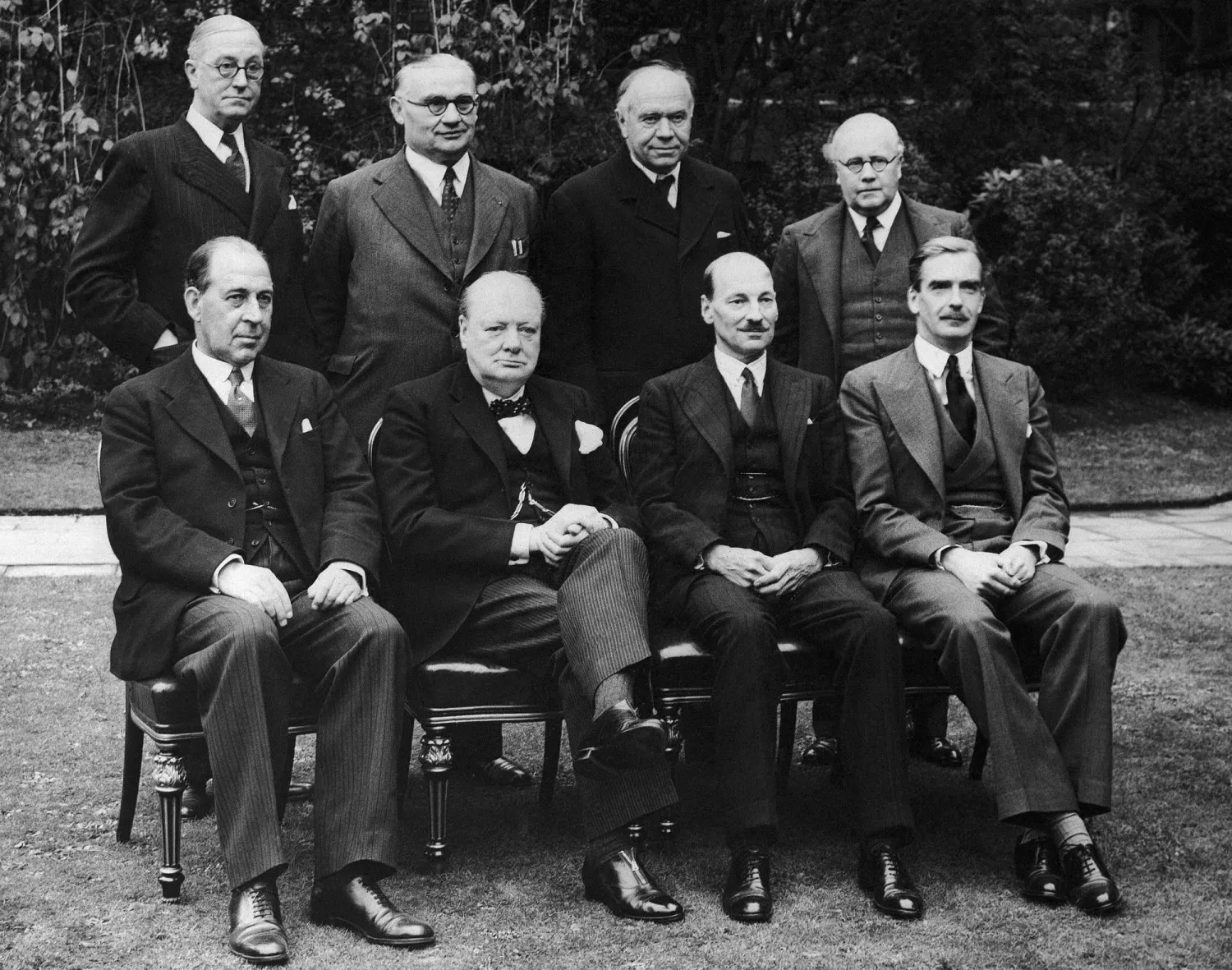Britain’s upcoming general election is widely expected to lead to a change of government for the first time in 14 years. Many analysts believe it will be one of the country’s most consequential elections since the end of World War II.
Ahead of the July 4 vote, The Associated Press takes a look back at other landmark UK elections since the war.
In 1964, the Conservative Party had been in power for 13 years and was on its fourth prime minister, Alec Douglas-Home.
That has echoes of the current Conservative government, which has been in power for 14 years and is now on its fifth prime minister of the period, Rishi Sunak.
Douglas-Home had only become prime minister the year before, when his predecessor Harold Macmillan stepped down following a huge reversal in fortune. The buoyant economy had faltered, and Macmillan had been snubbed by French President Charles de Gaulle in his application for Britain to join the recently formed European Economic Community.
A sex scandal rocked his government and the British establishment, adding to the general feeling that the Conservatives had lost touch. Macmillan, known as “Supermac,” stepped down soon after his minister for war, John Profumo, resigned for lying to Parliament over his affair with model and showgirl Christine Keeler.
So the 1964 election was a race between the aristocratic Douglas-Home and Labor leader Harold Wilson, who was buzzing with ideas such as harnessing the “white heat of technology” to modernize the ailing British economy.
Wilson also had the common touch, particularly important in the new world of television and with Britain showing signs of a cultural renaissance in the “Swinging Sixties.” Wilson was more than able to hold his own with The Beatles, as evidenced in March 1964 when he presented the Fab Four an award.
When the election came about on Oct. 15, 1964, Labor was widely expected to return to power for the first time since 1951. “13 Wasted Years" was its message. But the party didn't do as well as many had expected, and Labour only won a majority of four in the House of Commons.
Wilson, who at 48 became the youngest British prime minister in 70 years, would need a bigger majority to get major legislation through — and he got it 18 months later when he called a snap election.
Wilson lost the election in 1970 to Ted Heath's Conservatives, but would go on to serve a second term as prime minister from 1974 to 1976, becoming the longest-serving Labor premier in the 20th century. By that second period in office, Wilson was clearly exhausted and lacking the dynamism of his early years.
Britain was widely considered to be the “sick man of Europe” and it was fertile ground for radical change. Step forward, Margaret Thatcher.
UK's Landmark Postwar Elections: When Labor Ended 13 Years of Conservative Rule in 1964

FILE - The War Cabinet at No. 10 Downing Street in London, Oct. 15, 1941. Seated from left, Sir John Anderson, Lord President of the council; Prime Minister Winston Churchill; C.R. Attlee, Lord Privy Seal; Foreign Secretary Anthony Eden, standing from left, Arthur Greenwood, Minister without portfolio; Ernest Bevin, Minister of Labour; Lord Beaverbrook, Minister of Aircraft Production, and Sir Kingsley Wood, Chancellor of the Exchequer. (AP Photo/File)

UK's Landmark Postwar Elections: When Labor Ended 13 Years of Conservative Rule in 1964

FILE - The War Cabinet at No. 10 Downing Street in London, Oct. 15, 1941. Seated from left, Sir John Anderson, Lord President of the council; Prime Minister Winston Churchill; C.R. Attlee, Lord Privy Seal; Foreign Secretary Anthony Eden, standing from left, Arthur Greenwood, Minister without portfolio; Ernest Bevin, Minister of Labour; Lord Beaverbrook, Minister of Aircraft Production, and Sir Kingsley Wood, Chancellor of the Exchequer. (AP Photo/File)
لم تشترك بعد
انشئ حساباً خاصاً بك لتحصل على أخبار مخصصة لك ولتتمتع بخاصية حفظ المقالات وتتلقى نشراتنا البريدية المتنوعة












